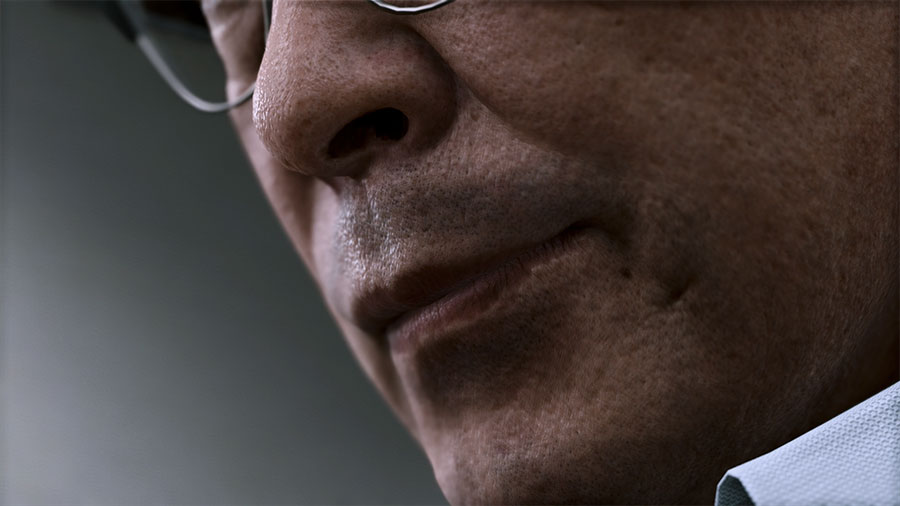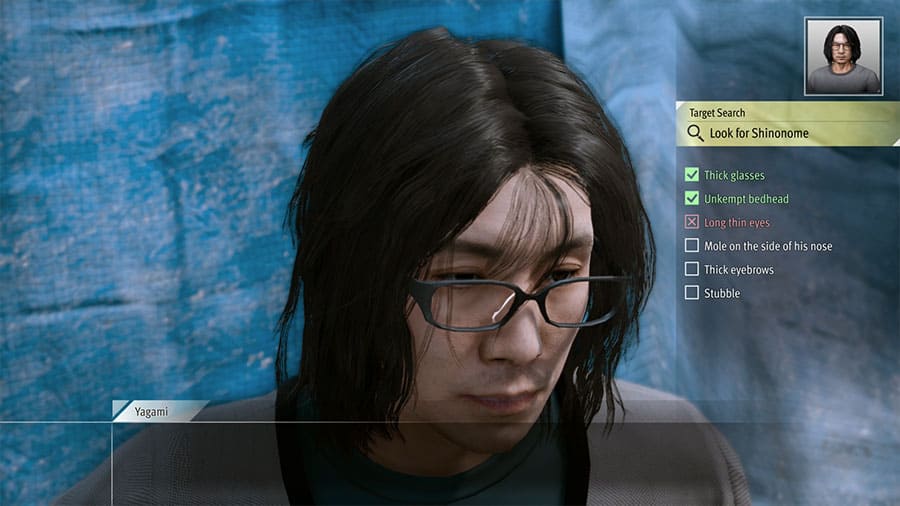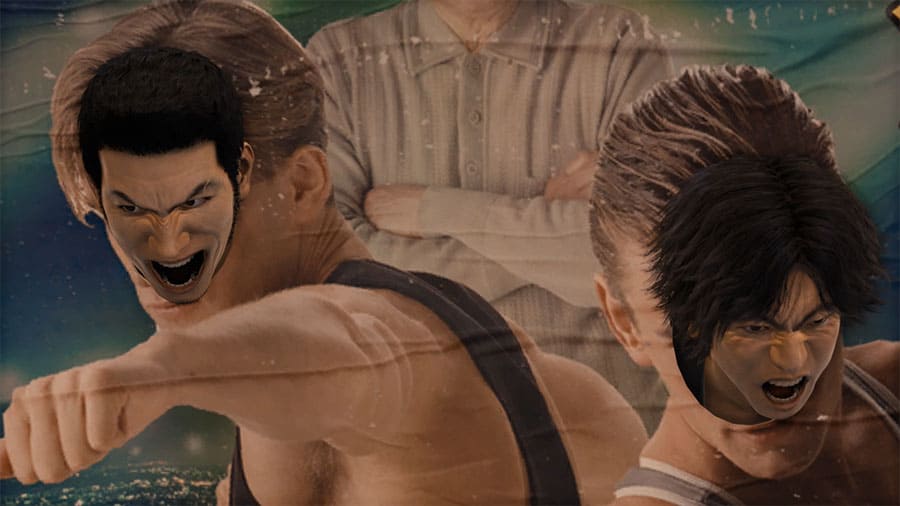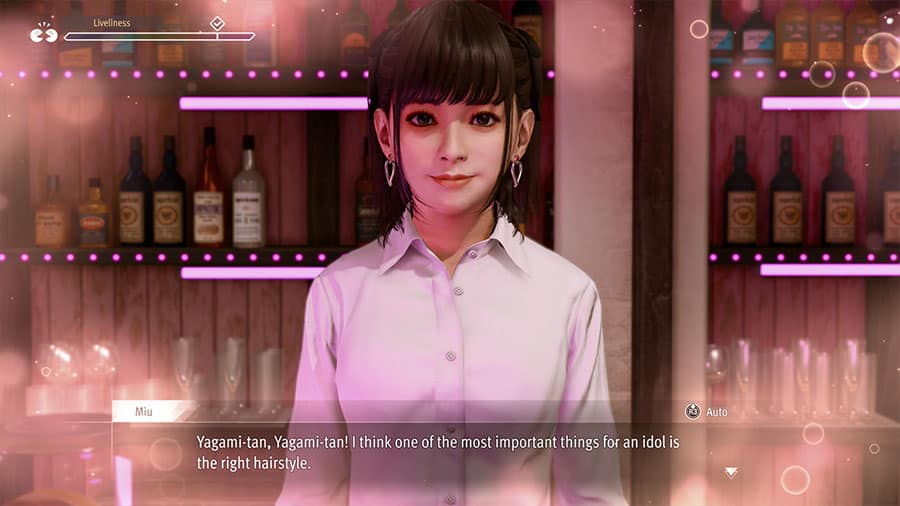Lost Judgment Review

Official Score
Overall - 70%
70%
Lost Judgment is another great entry in the Yakuza franchise, but one shadowed by better entries. The combat is incredible, the world still exciting and full of character, and the story is a worthwhile telling - but please, please don't make me tail anyone anymore.
As the Dragon of Dojima begins to fade into distant memory, Takayuki Yagami once again leads the charge in the sequel to 2018’s Yakuza spin-off, Lost Judgment. Continuing the series’ hallmarks of critically acclaimed real-time combat, one of the most iconic video game worlds ever created, and the pure wackiness that only Yakuza games can provide, it would be a tough job for Lost Judgment to fall short of expectations. The foundations have been tried and tested for over a decade, but as the credits roll on this latest adventure from Ryu Ga Gotoku Studio, I didn’t leave with the same ear to ear cheesy grin that only the Yakuza games can provide.
Lost Judgment Review
[line style=’solid’ top=’10’ bottom=’10’ width=’100%’ height=’1′ color=’blue’]
When I played through the original Judgment, I was excited – really excited. For years, I have been trying to convert my gaming friends into the Yakuza franchise; it’s a unique experience, one that fans will admit is unlike anything else in the gaming world. However, my efforts were often in vain as bringing new players into a franchise with decades worth of backlog is no easy feat. Judgment offered the opportunity to change that. Featuring a fresh take, a new approach, and a grand new start, it is the perfect entry point for veterans and newbies alike. While it did deliver an exciting starting point, much of my fears for a sequel came true.
The core concept change between that of Yakuza and Judgment is Takayuki, the main character. While his primary method of solving problems still centers around throwing bikes at goons and DDT’ing thugs while on a skateboard (seriously, that finisher is insane), he brings with him training as both a lawyer and a detective. This alters many of the core components of the game, as the developers attempt to immerse players in the critical thinking world of a hot shot detective. This was a little lackluster in the original, but they doubled down with it in Lost Judgment. Unfortunately, the result is a boring and frustrating mess.
The detective segments of the game are far more prevalent in the sequel, but with very little effort in growing or expanding these ideas. Searching an apartment or area for clues is like those old find-an-object games where you scan a picture looking for a list of objects. The difference is that there’s no list, so it’s like looking for a needle in a haystack without the needle. Some of these events are minor, easily solved, and quickly figured out, but others are cumbersome. Instances include spending 10 minutes searching for an object you already looked at but it didn’t activate because you weren’t within range. These are problems I had with the X-Files FMV game in 1998.

One particular segment on a busy train station platform has Tak searching for five security cameras, which are hanging from the ceiling in various locations. Once you’ve found all five, you move on to the next part of the station and find another five. Then, another five. It does nothing to further the story, it’s not a puzzle that leaves you satisfied at the end, it’s just boring – a word I would have struggled to connect with the Yakuza games of yesteryear. This is just one of many investigation scenes that will leave you frustrated and bored.
This drab and unimaginative approach to being a detective is repeated throughout the game. New stealth sections task Tak with sneaking past a few guys in order to reach a target destination. Firstly, I have just taken down 42 of these goons in hand-to-hand combat without breaking a sweat; why am I sneaking past these three buffoons? Secondly, Yakuza’s movement system has never been precise; while a bit clunky and stiff, it’s almost part of the charm. However, when sneaking, taking cover, hiding is contextual as opposed to manual, it just leaves too much room for error. I don’t even want to talk about the sections of the game that involved tailing subjects; I’d rather never have to experience any part of those ever again.

Maybe you’re noticing a pattern here – it’s the new elements of the franchise that arrived with Lost Judgment that are struggling. The more legitimate, detective-based aspect does bring a lot to the story, but in terms of gameplay, it does nothing.
Thankfully, however, Ryu Ga Gotoku Studio does not disappoint when it comes to the more staple elements of the Yakuza franchise. The combat, which I’ve always considered one of the best real-time hand-to-hand systems in gaming, is arguably the greatest the franchise has ever seen.
Takayuki boasts combat prowess stretching across three main disciplines. Any time during combat, players can switch between Crane Style, Tiger Style, and Snake Style, each completely unique in abilities and visuals. Crane Style is best used when dealing with large groups of enemies, sweeping blows and wide kicks, hitting a lot of enemies in a small area. Tiger Style is for dishing out the pain and massive combination attacks, perfect for bringing down bosses. Finally, the Snake Style is used when you, well, just want to be a bad ass. It allows Tak to counter practically any blow when used correctly, combining fast movements with quick counter attacks. It feels almost as bad ass as the Arkham games.
Lost Judgment’s combat is the best the franchise has seen to date
Some of the older animations definitely need some attention, but outside of that the combat is incredible. In past Yakuza games, I often felt myself growing tired of the constant attacks and ambushes in the latter stages of the game. In Lost Judgment, however, I eagerly sought out every encounter I could find – and I loved every minute of it.
Lost Judgment’s story continues the Yakuza traditions of exploring serious and oftentimes very dark subject matter, combining it with a wackiness of humor that should never work, but always does. The story begins as Tak and Kaito are asked to assist on a case of sexual harassment, a case that quickly descends into a murder investigation and the seedy criminal underbelly of Kamurocho and Ijincho. It doesn’t quite have the impact of the original story, and several times I thought I’d hit a perfect ending, but it just continued on. It’s still a great story, one I can only consider a slight disappointment because of the incredible storytelling of the past games.

If I had to single out one aspect of a Yakuza game that gets me most excited at the prospect of a new release, it would be the mini-games. The incredible Cabaret Clubs in Yakuza 0, running a business in Yakuza: Like a Dragon, Pocket Circuit Racing in Kiwami and Zero, Majima Construction (that theme tune still rocks); there’s a long list that includes some of the best mini-games this industry has ever seen. Lost Judgment continues that dedication with the introduction of tons of new mini-games, but unfortunately I hated playing nearly all of them.
That, of course, is entirely subjective. It’s not so much the games I hated them, as much as their delivery. I’m sure a lot of fans will relish at the opportunity to dive into new mini-games. There’s boxing, an in-depth mini-game where Tak explores a really intriguing story all the while learning new abilities and knock out punches. There’s also Death Races, where Tak rides a custom motorbike while ramming others off theirs; imagine Road Rash if it were on rails. The Robot Club’s mini-game where you play territory control with robots and Tetris-like puzzles. There’s a huge variety on offer here but none come close to the heights of the franchises’ past attempts.
The worst part about these games is the heavy involvement in the side content. School Stories, a more in-depth and connected version of Side Stories, gives players an intriguing glimpse into the lives and struggles of the students at Seiryo High. If you want to really explore those stories, however, you need to complete all of the mini-games. If you enjoy the mini-games, fantastic; you will have an incredible time. If, like me, you’re not a fan, you’ll spend days trying to get through them all just to see the finale of the School Stories part of the game.
Lost Judgment is another great entry in the Yakuza franchise, but one shadowed by better entries. The combat is incredible, the world still exciting and full of character, and the story is a worthwhile telling – but please, please don’t make me tail anyone anymore.
[infobox style=’success’ static=’1′]This Lost Judgment review was written based on the PlayStation 5 version of the game. A digital code was provided.[/infobox] [blogger ids=” cat=’honest-game-reviews’ orderby=’date’ order=’desc’ count=’4′ descr=’200′ readmore=’1′ rating=’1′ style=’image_large’ border=’0′ dir=’vertical’]